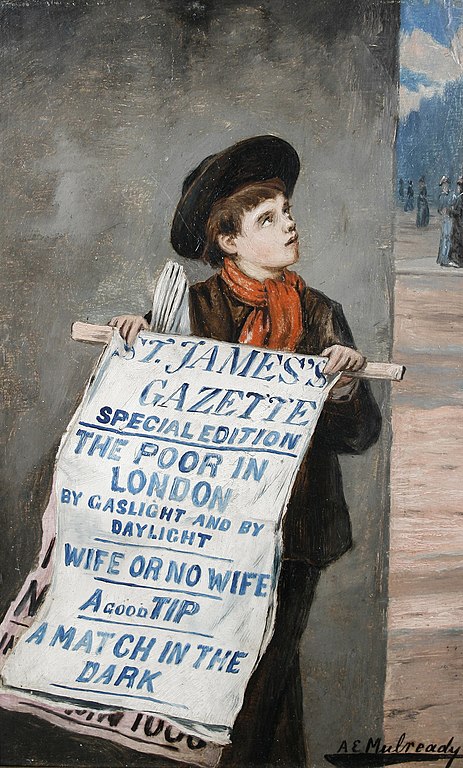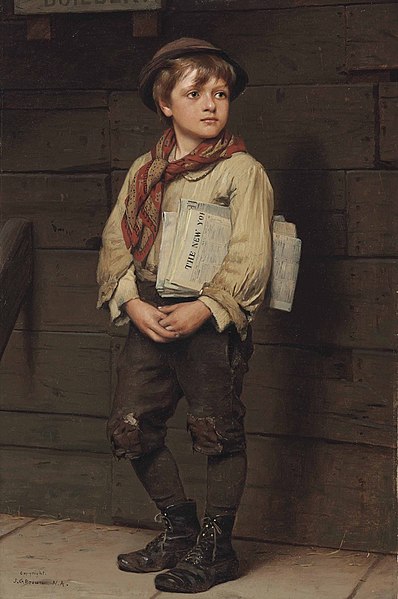
Each 3 May is celebrated as United Nations (UN) World Press Freedom Day.
As the website of The United Nations Educational, Scientific and Cultural Organization (UNESCO), a specialised agency of the UN aimed at promoting world peace and security through international cooperation in education, the sciences, and culture, explains,
3 May acts as a reminder to governments of the need to respect their commitment to press freedom and is also a day of reflection among media professionals about issues of press freedom and professional ethics. Just as importantly, World Press Freedom Day is a day of support for media which are targets for the restraint, or abolition, of press freedom. It is also a day of remembrance for those journalists who lost their lives in the pursuit of a story.
The Thammasat University Library collection includes several books about the importance of the freedom of the press for a healthy society.
The UNESCO website also observes,
Freedom of the press is the freedom of communication and expression through vehicles including various electronic media and published materials. While such freedom mostly implies the absence of interference from an overreaching state, its preservation may be sought through constitutional or other legal protections.
WORLD PRESS FREEDOM DAY 2021
This year’s World Press Freedom Day theme “Information as a Public Good” serves as a call to affirm the importance of cherishing information as a public good, and exploring what can be done in the production, distribution and reception of content to strengthen journalism, and to advance transparency and empowerment while leaving no one behind. The theme is of urgent relevance to all countries across the world. It recognizes the changing communications system that is impacting on our health, our human rights, democracies and sustainable development.
To underline the importance of information within our online media environment, WPFD 2021 will highlight three key topics:
- Steps to ensure the economic viability of news media;
- Mechanisms for ensuring transparency of Internet companies;
- Enhanced Media and Information Literacy (MIL) capacities that enable people to recognize and value, as well as defend and demand, journalism as a vital part of information as a public good.
A World Press Freedom Day 2021 online Global Conference will be co-hosted by UNESCO and the Government of Namibia from Thursday, 29 April through Monday, 3 May in Windhoek, the capital of Namibia, in the country’s central highlands:
The event will be a physical and digital experience combining virtual and in-presence participation. Register now to be part of the regional forums, side events, keynotes, artistic showcases, films screenings and more! Join media leaders, activists, policymakers, media and legal experts, artists and researchers from all over the world.
The Conference will call for urgent attention to the threat of extinction faced by local news media around the world, a crisis worsened by the COVID-19 pandemic. It will put forward ideas to tackle the challenges of our online media environment, push for more transparency of internet companies, strengthen safety of journalists, and improve their working conditions. The Conference will also call to support independent media and empower citizens to face these challenges.
30th Anniversary of Windhoek Declaration
World Press Freedom Day has its origins in a UNESCO conference in Windhoek in 1991. The event ended on 3 May with the adoption of the landmark Windhoek Declaration for the Development of a Free, Independent and Pluralistic Press. After 30 years, the historic connection made between the freedom to seek, impart and receive information and the public good remains as relevant as it was at the time of its signing. Special commemorations of the 30th anniversary are planned to take place during World Press Freedom Day International Conference.
UNESCO and the University of Namibia (UNAM) are hosting the sixth edition of the Academic Conference on the Safety of Journalists. The Youth Newsroom 2021 edition is being held in partnership with the Namibia University of Science and Technology. Participants will cover the conference mostly virtually and will be able to attend guest speakers’ lectures.
Academic Conference on the Safety of Journalists
Important information:
Date: Thursday 29 April 2021
Place: Windhoek, Namibia / online
Contact: t.chorbacher@unesco.org (link sends e-mail) & akakujaha@unam.na (link sends e-mail)

At the Academic Conference, researchers come together to exchange knowledge on the safety of journalists, to strengthen the field of research and contribute to safer environments for journalists. UNESCO research has revealed that almost 900 journalists have been killed worldwide over the past decade.
Journalists throughout the world encounter online and offline safety threats, as well as different kinds of attacks. These assaults against journalists damage freedom of expression and of the press and require concerted action to address the issue.
The theme of World Press Freedom Day 2021 is Information as a Public Good:
World Press Freedom Day 2021 theme Information as a Public Good serves as a call to affirm the importance of cherishing information as a public good, and exploring what can be done in the production, distribution and reception of content to strengthen journalism, and to advance transparency and empowerment while leaving no one behind. The theme is of urgent relevance to all countries across the world. It recognizes the changing communications system that is impacting on our health, our human rights, democracies and sustainable development.
A concept note indicates:
As a public good with potential for universal reach, information allows us to know our rights and prerogatives, as well as contributes to the general interest, at the service of sustainable development. The importance of freely accessing reliable information, particularly through journalism, has been demonstrated by the COVID-19 pandemic: in times of crisis such as this, information can be a matter of life or death. This has been especially true in the face of the COVID-19 ‘disinfodemic’, a mixture of misinformation and disinformation that has spread across the world sowing confusion, discord and division. The lack of publicly available reliable data and information has created a vacuum for potentially harmful content (including hate speech) and misleading conspiracy theories, mostly spread online through Internet business models and actors who exploit these. The COVID-19 public health crisis has shed light on the vital role played by free and independent media worldwide. The output of news media (be it in print, television or radio, analogue or delivered via digital platforms) remains a powerful source of information that people access, even when this is via social media networks. In this way, media workers everywhere have significantly contributed to our understanding of the pandemic by making overwhelming and highly complex flows of information more accessible, making scientific facts understandable to the broader public, providing regularly updated data, and engaging in fact-checking. In many countries, journalists and fact-checkers have critically monitored contracting and subsidies that respond to the pandemic and have faced pressure from authorities as a result. In other cases, they have been hampered by measures put in place to contain the virus as well as challenges from both police and public during the host of public protests that have characterized this period.
(All images courtesy of Wikimedia Commons)

